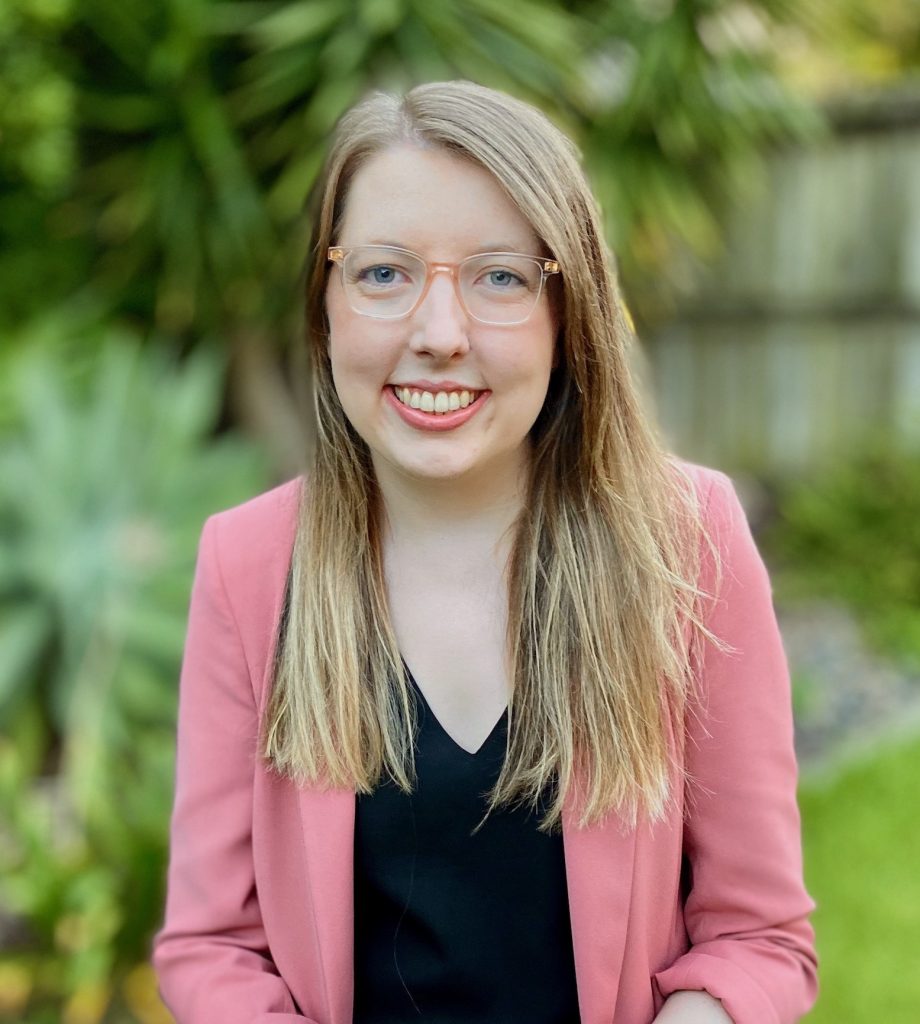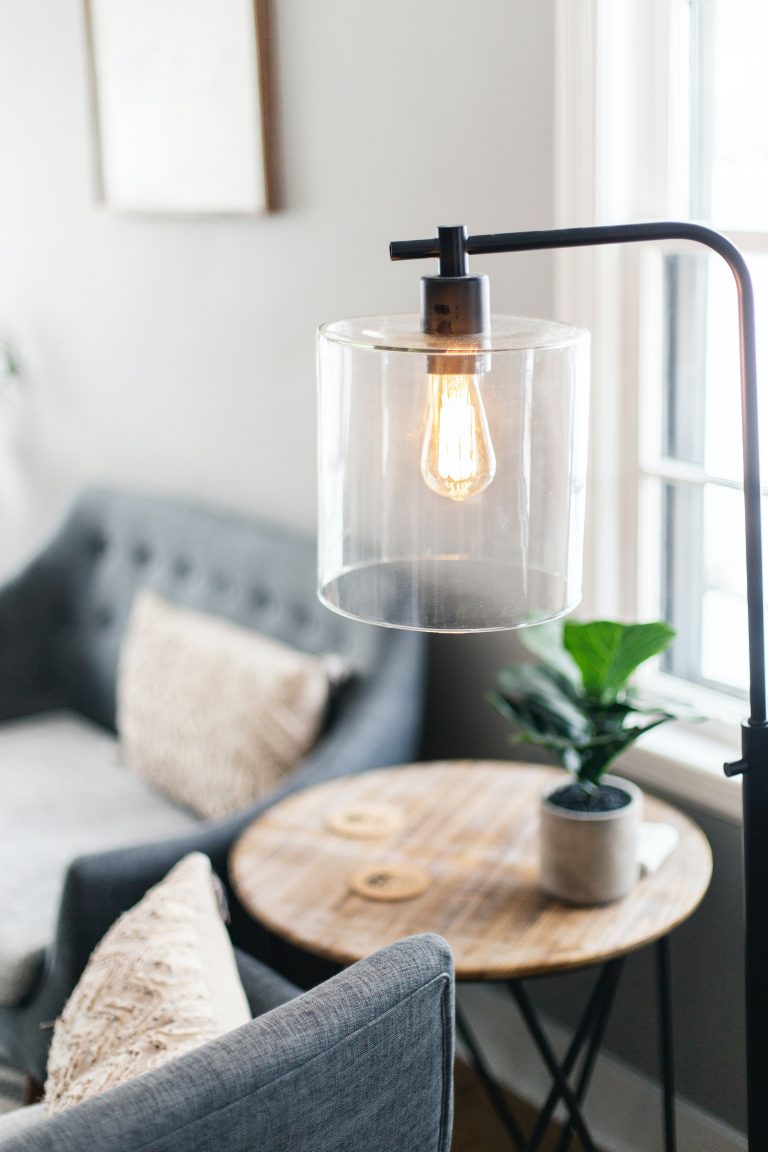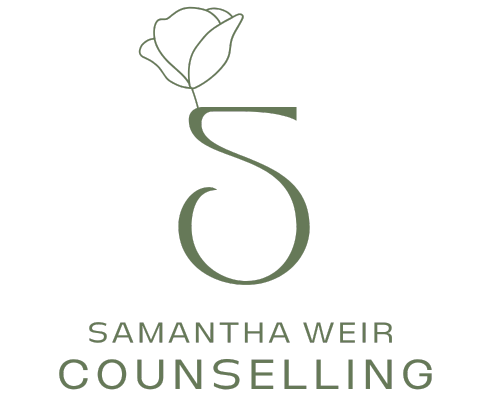About Samantha

Hi, my name is Samantha and I am a skilled and empathetic counsellor and relationship therapist. I prioritise compassion and creating a safe space in my sessions. My goal is to ensure that my clients feel heard, respected, and secure. I strive to create an atmosphere of approachability and understanding, supporting my clients throughout their therapeutic journey.
I work with teenagers and adults who may be dealing with mental health challenges like anxiety, stress, depression, trauma, grief and loss, life adjustments, self-esteem issues, or who are just seeking additional support. My areas of specialisation include adolescent issues, adult development, and couples therapy.
I desire to provide a supportive and effective therapeutic alliance, tailored to my clients’ specific needs and goals. I adopt a client-focused holistic approach, utilising a range of therapeutic techniques to assist individuals and couples in navigating their challenges. I integrate modern Cognitive Behaviour Therapies (CBT) with elements of Psychodynamic Psychotherapy, delving into unconscious patterns and beliefs, fostering self-awareness, and working with past behavioural patterns. Being Trauma-Informed, I prioritise safety during sessions, incorporating grounding techniques and breathing exercises to help clients remain present in the moment.
In my couples therapy work, I heavily draw upon the Gottman Method, which involves a comprehensive assessment of the relationship and utilises research-based interventions based on the Sound Relationship House Theory. The goals of Gottman Method Couples Therapy are to address verbal conflicts, enhance intimacy, respect, and affection, eliminate barriers that hinder progress, and foster empathy and friendship within the relationship.
Qualifications
- Bachelor of Counselling
- Level 2 Gottman Training – Couples Therapy
- Registered with PACFA and CCAA
Expertise
- Anxiety
- Depression
- Trauma
- Stress management
- Grief and loss
- Life adjustments and transitions
- Self esteem
- Emotional regulation
- Communication and socialisation
- Relationships and healthy boundaries
- Phobias and fears
- Personal development
- Couples therapy

Locations

North Brisbane Psychologists Lutwyche
Samantha is available for face to face appointments.

Samantha Weir Counselling
via Telehealth
Samantha is also available for Telehealth appointments.
Frequently asked questions
Counsellors are trained professionals who help people help themselves. Counsellors mostly use talk-based therapy to help people to develop self-understanding and make changes in their lives. A counsellor will allow you to talk through your personal concerns, assist you in clarifying personal goals and possible solutions to presenting problems, gain perspective, develop coping strategies, and increase self-awareness.
Seeing a counsellor is a great way to keep your mental health in check. Just as you look after your physical health, it is important to also look after your emotional and mental wellbeing. You don’t need to be going through a crisis or life transition to seek help. In fact, if you reach out early, you will be far more equiped with tools and resources if/when you face a crisis or major life adjustment.
If you’re unsure whether to see a counsellor or psychologist, it’s important to consider the nature of your challenges and the level of support you require. If you’re dealing with everyday stress, relationship issues, or general life adjustments, a counsellor can provide valuable guidance and therapy. As a counsellor, I listen to your needs and help unpack what is going on in your life in order to help you gain clarity and direction. Psychologists provide assessment, diagnosis, and therapies for a wide range of mental health issues. Psychologists often work with individuals who have more complex mental health needs that require formal diagnosis and treatment.
Furthermore, counsellors typically adopt a client-led approach, where they prioritise the individual’s autonomy and work collaboratively with them to explore their concerns, goals, and desired outcomes. They provide guidance and therapy based on the client’s unique needs, preferences, and circumstances. On the other hand, psychologists often take an expert-led approach. While psychologists also value the client’s input, their role involves providing expert guidance and interventions based on their understanding of psychological theories and research. Both counsellors and psychologists have valuable roles in supporting individuals’ mental health, but their approaches differ in terms of the emphasis on client autonomy and expertise.
I can help support you if you are struggling with:
anxiety, depression, trauma, stress management, women’s wellness, social issues, phobias & fears, panic attacks, personal development, self-esteem issues, grief & loss, life transitions, relationships, creating healthy boundaries and/or couples therapy.
As a counsellor my hope is you feel safe and secure the moment you enter my door. This is your time and space to process and unpack whatever you would like to bring to the counselling space. My counselling style includes a holistic approach based on client-focused outcomes. I integrate modern Cognitive Behaviour Therapies (CBT) with elements of Psychodynamic Psychotherapy by bringing forth the unconscious to the conscious (self-awareness) and recognising and working with past patterns of beliefs and behaviours. I am also “trauma-informed” meaning safety is of utmost importance in my sessions. I incorporate grounding and breathing techniques to bring clients back to the present moment.
In my couples therapy work, I draw heavily on the Gottman Method to help direct and support better relationship outcomes. This includes a thorough assessment of the couple’s relationship and integrates research-based interventions based on the Sound Relationship House Theory. The goals of Gottman Method Couples Therapy are to disarm verbal conflicts; increase intimacy, respect, and affection; remove barriers that create a feeling of stagnancy; and create a heightened sense of empathy and friendship within the context of the relationship.
My counselling fees vary depending on whether you see me as an individual or as a couple. Another variable is whether you make an appointment in person or via Telehealth. Please get in contact for specific session fees.
Medicare doesn’t cover counselling sessions, unless the session is carried out by an allied health practitioner such as a psychologist under a mental health care plan. A counsellors fee is often the same, if not less than the gap fee of a private billing psychologist. An added bonus to seeing a counsellor is that no referral is needed and no mental health diagnosis will be added to your health records!
That all depends on what you as an individual feel you need. Some clients may need to discuss a particular issue that is affecting their current life situation while others take longer and may want to process years of trauma in a safe and accepting environment. Each person is different, and their needs will reflect that.
Yes, of course! In this ever changing landscape it is important that I can provide counselling services to you wherever you are and whatever you are going through.
All personal information gathered during counselling sessions will remain confidential and secure except when:
- I have a reasonable belief that failure to disclose the information would place you and/or another person at serious risk to life, health or safety.
- Your prior approval has been obtained to;
- Provide a written/verbal report to another professional or agency. eg. a GP or a lawyer; or
- Discuss the material with another person. eg. a parent, partner or employer.
- It is subpoenaed by a court or disclosure is otherwise required by law.
Resources for clients
Couples Therapy: The Sound Relationship House
https://www.gottman.com/blog/what-is-the-sound-relationship-house
The Gottman Institute: The Four Horseman
https://www.gottman.com/blog/category/column/the-four-horsemen/
Emotional Regulation: Emotion-Sensation Wheel
https://lindsaybraman.com/emotion-sensation-feeling-wheel/
App: MoodGYM – This is a free program that aims to help with identifying and overcoming difficult emotions, and developing coping skills for the future.
https://moodgym.com.au/
App: Calm Harm – This interactive app provides tasks that help you to resist or manage the urge to self harm. https://au.reachout.com/tools-and-apps/calm-harm
App: Headspace – Mindfulness. https://www.headspace.com/headspace-meditation-app
App: Smiling Mind – Mindfulness and meditation https://www.smilingmind.com.au/smiling-mind-app
Phone numbers:
- Emergency services: 000
- 1300 MH CALL: 1300 64 22 55
- Lifeline: 13 11 14
- Beyond Blue: 1300 224 636
- Kids help line: 1800 551 800
- Headspace: 1800 650 890
- Suicide call back: 1300 659 467
- DV Connect: 1800 811 811

